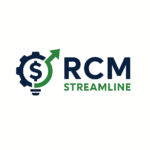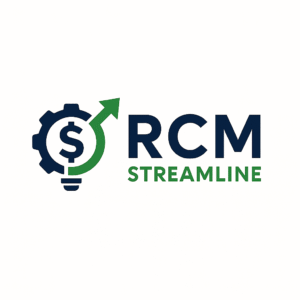How to Reduce Claim Denials with a Proactive RCM Strategy

Claim denials are one of the most costly and frustrating issues in revenue cycle management. But most denials are avoidable—with the right approach. A proactive RCM (Revenue Cycle Management) strategy can help you identify risk areas before claims are ever submitted.
The True Cost of Denials:
Each denied claim costs your team time, money, and lost productivity. According to MGMA, the average cost to rework a claim is over $25—and that doesn’t include lost revenue from write-offs.
Proactive vs. Reactive:
Instead of reacting to denied claims after they occur, smart RCM teams take proactive steps to prevent them altogether. This includes:
Verifying eligibility and authorization before care
Ensuring accurate charge capture and coding
Using denial trends to flag risky payers or services
Tips to Reduce Denials:



The Bottom Line:
A proactive denial prevention strategy leads to faster payments, fewer reworks, and improved cash flow. Start small by tracking your top 5 denial reasons and implementing one fix per month.
If you need help contact us at support@RCMstreamline.com

